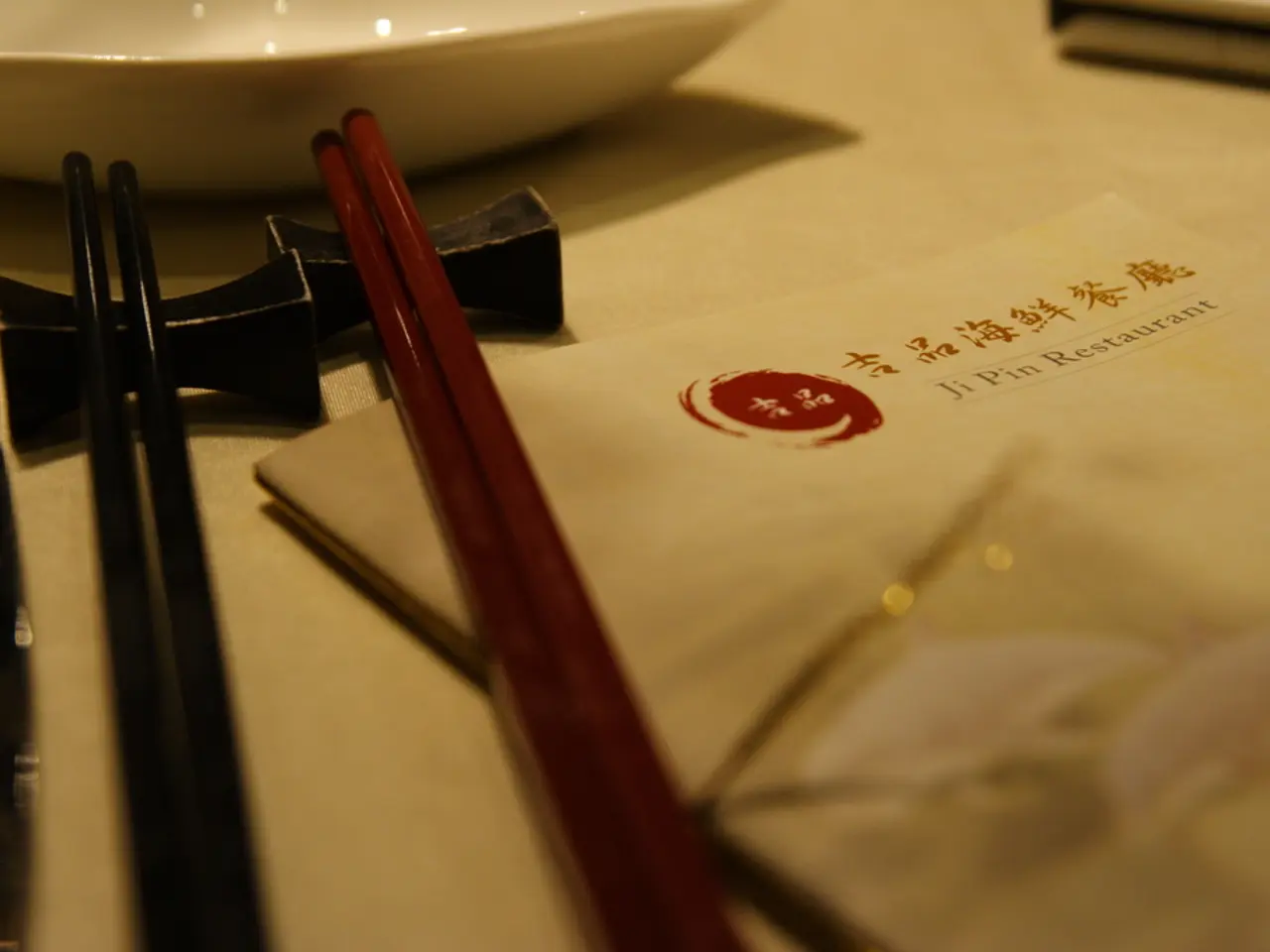Progress in school reinvention accelerates in Chiang Mai
Transformative Education Reform in Chiang Mai, Thailand
In Chiang Mai, Thailand, a significant education overhaul is underway, spearheaded by the Office for National Education Standards and Quality Assessment (ONESQA). This reform aims to modernize schools, particularly those in rural and under-resourced areas, and prepare students for the digital age.
Wat Ku Kham School in San Pa Tong district is a leading example of this transformation. The school has transitioned away from rote memorization to an international standard of education, focusing on critical thinking, observation, and practical problem-solving. Deputy Education Minister Assoc Prof Linthiporn Varinvacharo has praised the school for achieving excellence without extra resources.
The school's model is based on four pillars: shared leadership, research and reasoning skills, emotional intelligence, and real-world innovation. This philosophy, known as "Learner, Leader, Innovator," is reflected in projects such as the Smart Greenhouse sandboxes and the production of kombucha, demonstrating both sustainability goals and real market demand.
The Chiang Mai College of Agriculture and Technology is another model of success. Students learn modern agricultural practices and gain experience running physical and online businesses. The college's revamped curriculum includes certifications from national agencies and hands-on training in drone technology, smart farming, and agribusiness.
Prof Ong-art Naiyapatana, the director of ONESQA, states that evaluations serve as tools to strengthen confidence and drive national progress. The annual strategies for Wat Ku Kham School are crafted by school committees and university partners, while strategic partnerships with the private sector, alumni, and international organizations have strengthened the college's offerings.
The key elements of this reform emphasize student-centered learning and alignment with the digital age. This is achieved through internal development within schools to improve teaching quality and adapt curricula to local needs, cross-school collaboration to share resources, expertise, and strategies, particularly benefiting under-resourced rural schools, and a pronounced shift toward student-centered learning. The reform also aligns with the digital age by integrating technology and digital tools in learning, preparing students for a technology-driven future.
In rural contexts like Chiang Mai and other parts of Thailand, challenges like resource scarcity have been addressed by promoting resource-sharing networks and targeted teacher training to enhance capabilities and access to digital learning tools, helping bridge the urban-rural divide.
ONESQA emphasizes a more flexible, holistic approach, including localized academic projects, reduced administrative burdens, and evaluation frameworks that guide improvement. The Chiang Mai University collaborates with Wat Ku Kham School to create five-year development plans based on ONESQA's evaluations.
Prof Ong-art also emphasizes that the success of both Wat Ku Kham School and the Chiang Mai College of Agriculture and Technology demonstrates the transformative power of innovation, technology, and continuous learning in education. This reform aligns with broader national efforts in Thailand to innovate education by leveraging AI and human-centered design, emphasizing equity and inclusiveness, and developing future-ready skills.
- The reform in Chiang Mai's education system is not only modernizing schools but also embracing online education and self-development, as shown by the Chiang Mai College of Agriculture and Technology offering certifications and hands-on training in digital tools, such as drone technology.
- To ensure students are prepared for the digital age, the reform focuses on education and self-development, with Wat Ku Kham School adopting an international standard of education that champions critical thinking, observation, and learning through practical problem-solving, including projects like the Smart Greenhouse sandboxes.




